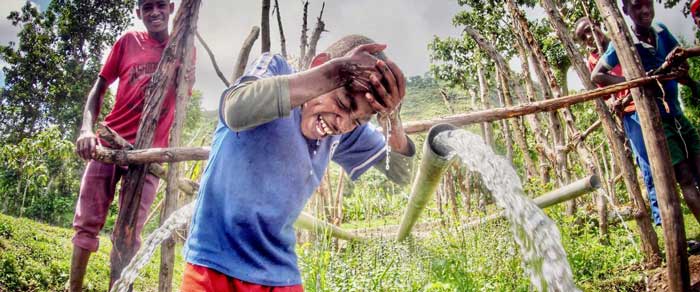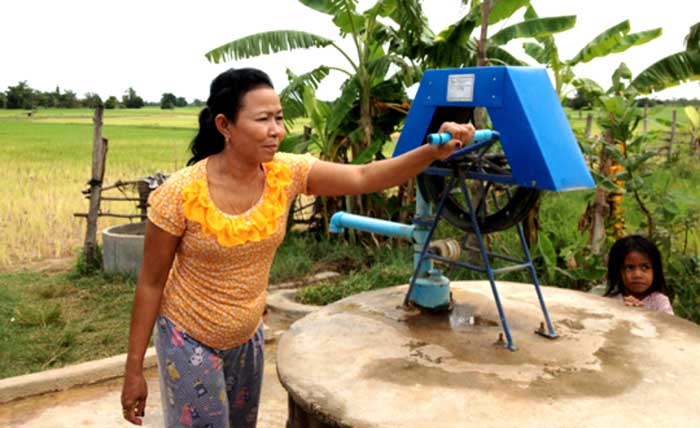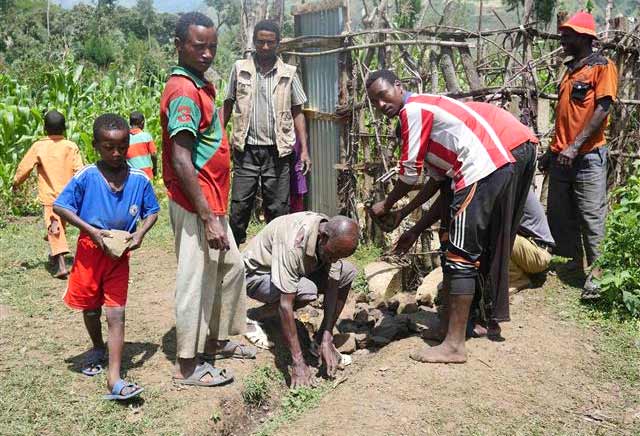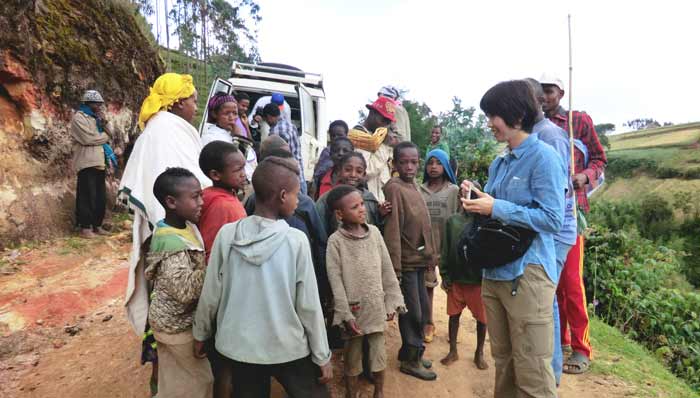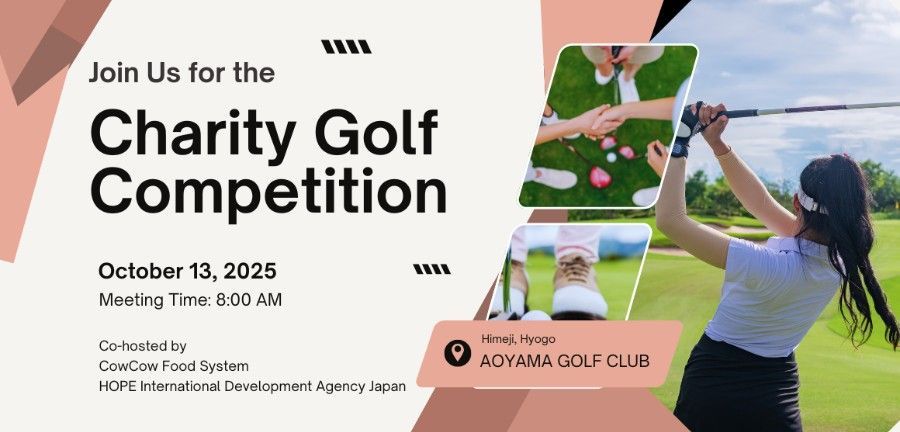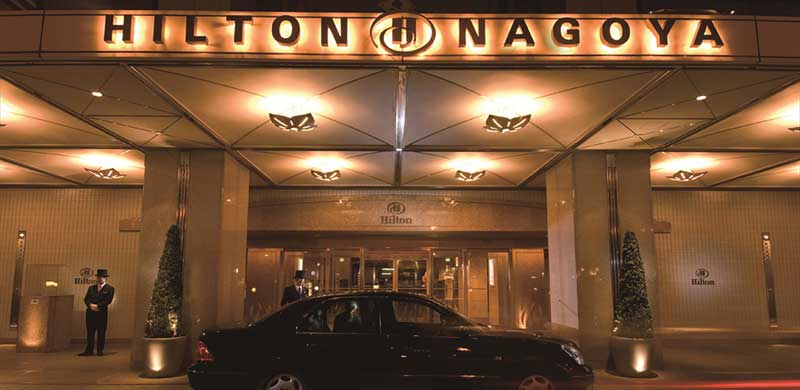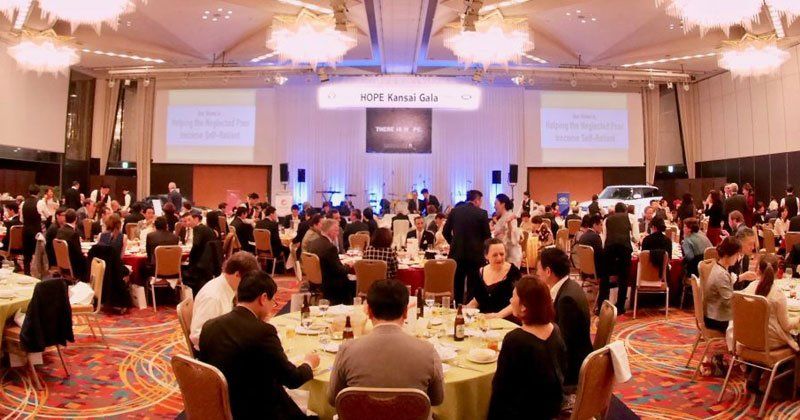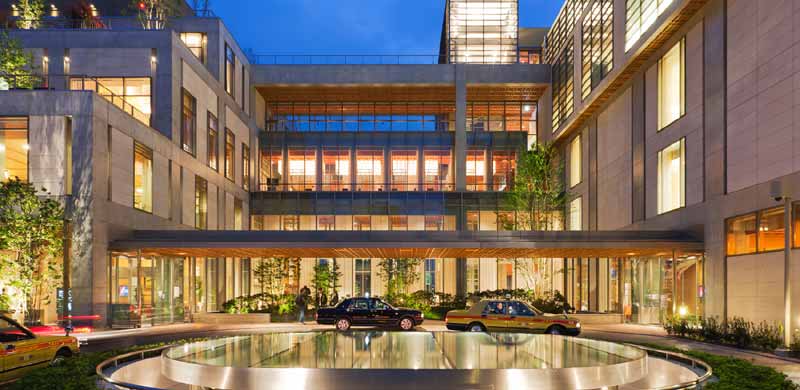What Can We Do to Conserve Water & Reduce Wastewater?
The theme for this year's World Water Day, held on 22nd March every year, was
wastewater.
"Instead of wasting wastewater, we need to reduce and reuse it."
(worldwaterday.org)
In a broader sense, wastewater is the water that is discharged from our homes, factories, farms, public spaces, and released back into the water cycle. In some cases it is effectively treated and recycled, in others not. The UN has released a
fact sheet to help us understand the importance of wastewater management and reduction in a world that is urbanising and demanding more water rapidly.
While it may be difficult for us as individuals to take better actions to treating wastewater and recycling it; we can already make a difference by simply reducing the amount of water that we "waste". Being mindful of this is perhaps expected of staff working for an organisation whose projects largely focus on making a difference through access to clean water, but when we took a look at what each of us as individual staff do address the above in our daily lives, we didn’t exactly pass with flying colours either. We have no problems accessing water in Japan, after all.
What does HOPE-JP do to help reduce wastewater?
Our clean water and sanitation projects focus on providing long-term access to clean water, but measures are also taken to ensure that the newly accessed clean water is not wasted.
Concrete aprons surround the wells installed in Cambodia. These serve the multiple purpose of packing the soil around the well, protecting it, and providing a flat surface for families to do their washing on. Pipes also surround the perimeters of the concrete aprons and lead directly to vegetable gardens. This is so that the runoff water from the wells is not wasted and recycled to water the gardens. Similarly in Ethiopia, some farmers will connect water points to farms by digging gutters to save water and nourish their fields.
Whether it is in Cambodia or Ethiopia,training on water management is always provided. Families also come up with their own, creative ways to ensure that water is not wasted and sensibly recycle it when they can. Knowing the hardships of not having water all too well, they are the last people to waste it, even when they have their wells or water systems.
On the other hand, what HOPE-JP staff do? We took a moment to discuss this in our office and had to admit that none of us had really thought about it much, although we each had something, which was better than nothing!
"I'm good at washing my hands with little water."
"I turn the water off when I’m not using it in the shower."
"I learnt that you can brush your teeth with just a couple of mouthfuls of water in Ethiopia."
"I am good about taking short showers when I come back from project sites, but after a couple of weeks of being back in Japan, I am back to letting the water run until it’s nice and hot again."
Our favourite, "I always cut my hair really short before going to visit projects, so that I don't have to wash it when I don't have water!"
In the end, all of us had learned the best water conservation methods while visiting projects, from people who had no alternative but to use water sparingly every day. While we may be one of the entities posting a lot of water related issue facts around World Water Day (March 22nd), we have just as much as anyone else to reflect on too, with regards to our own habits and actions.
What do you do to reduce your wastewater? If you have any good tips, please share them with us by replying here and we’ll make a summary post next week. Happy World Water Day, and may we all make changes, big or small, to see that there is plenty of clean water for everyone now and in the future.

